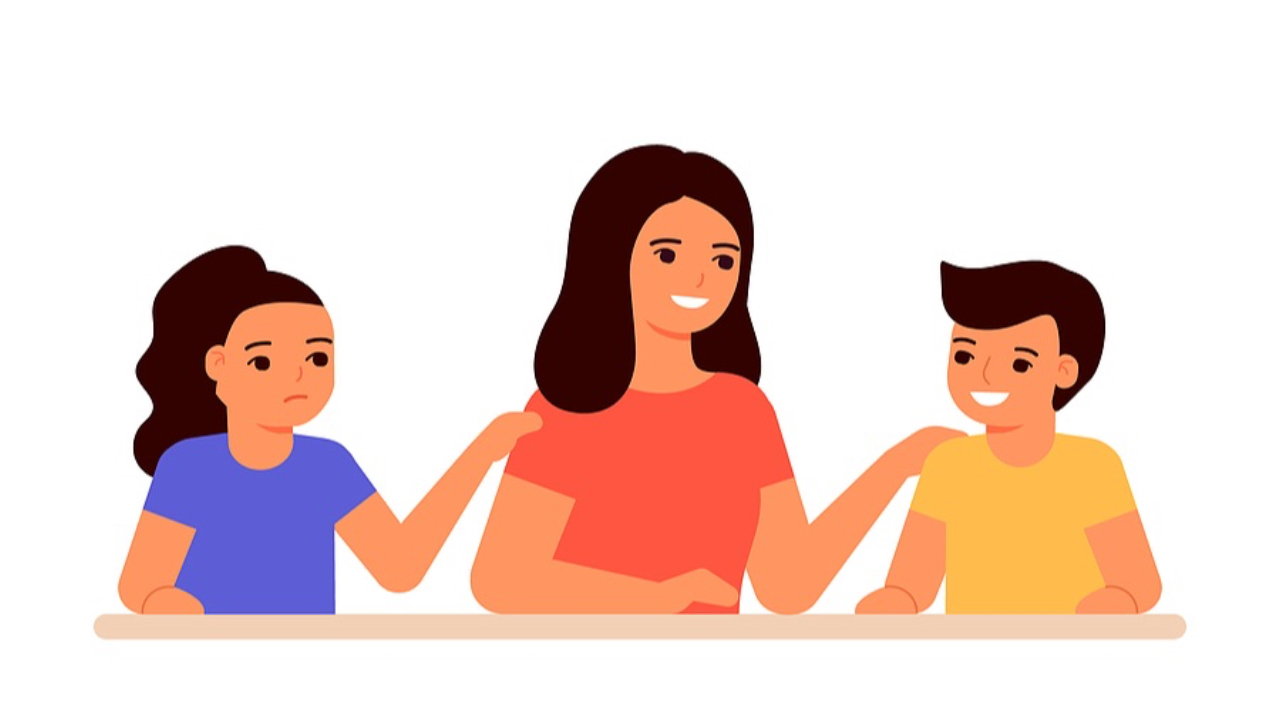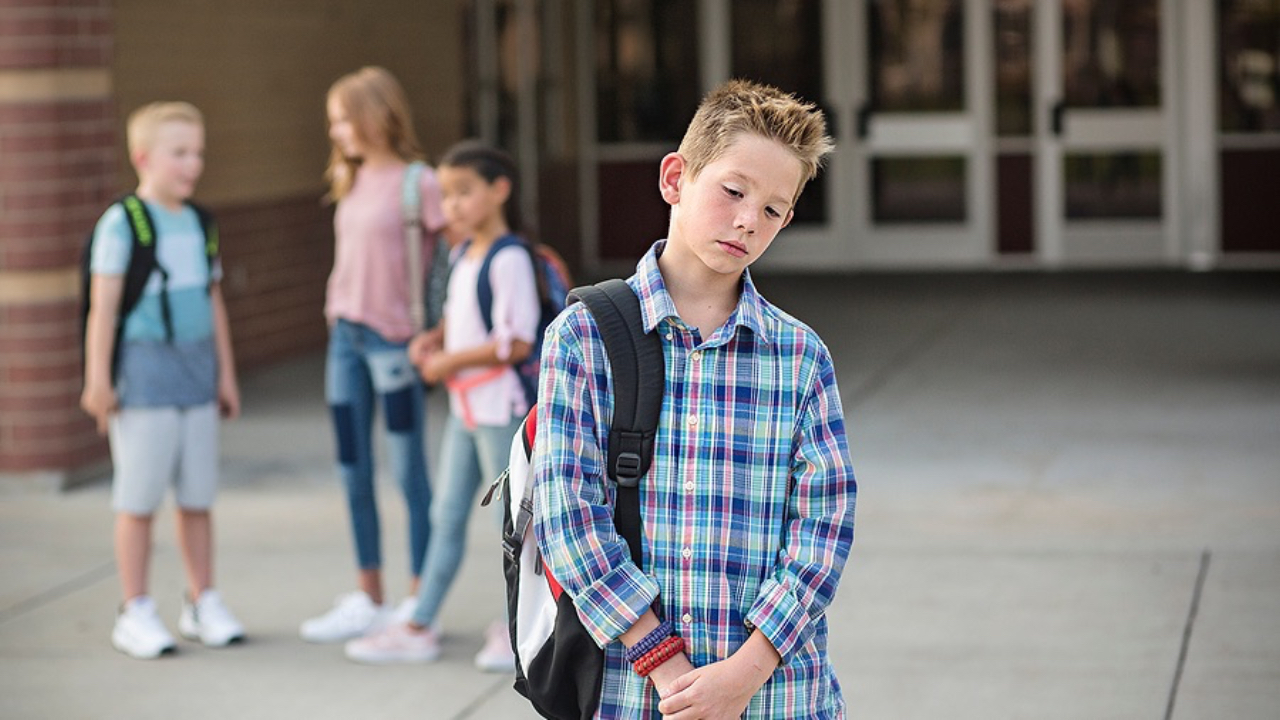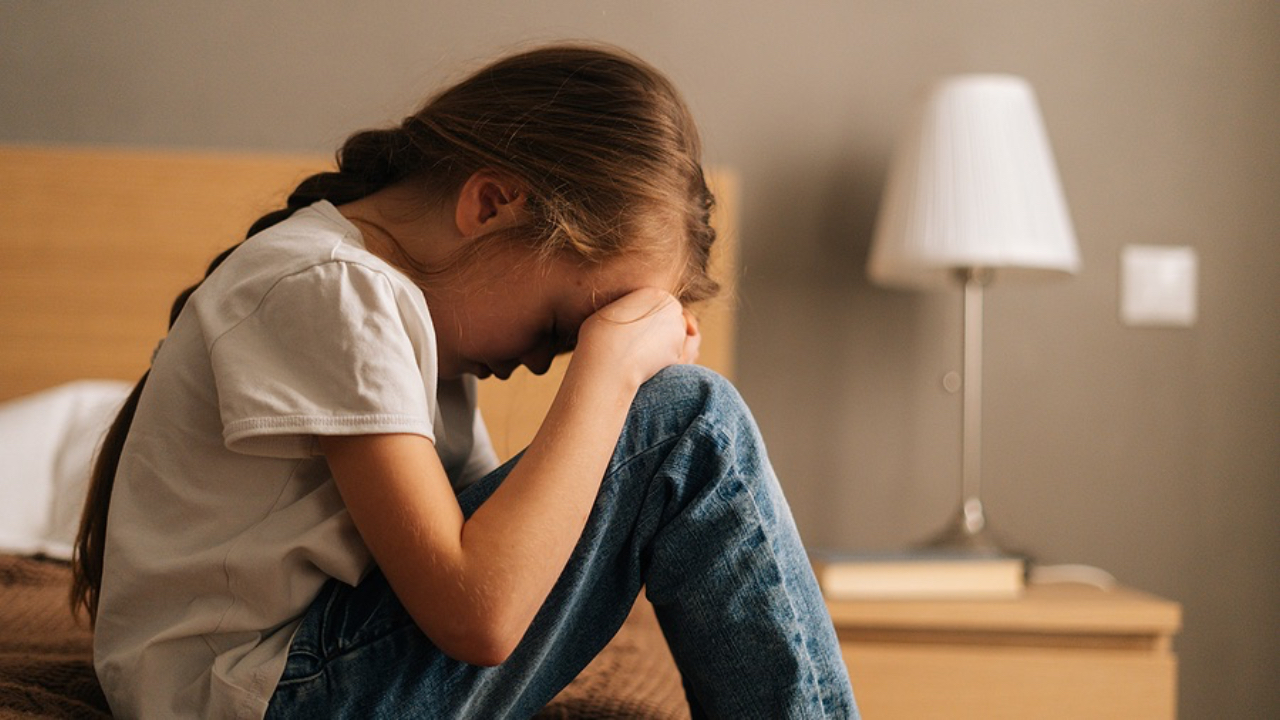Understanding the Impact of Bullying on Children (and why it's important to take action)
Apr 05, 2024
Welcome back to the second instalment of our four-part series on bullying. Last week, we delved into the critical task of identifying signs that a child may be experiencing bullying. Today, we are going to explore the multifaceted ways in which bullying can affect children and young people, and next week I'll be sharing practical tips on how to support them through this distressing experience.
Bullying is not merely a rite of passage or a harmless part of growing up; it can have profound and lasting effects on a child's well-being.
Here are some of the ways in which bullying can impact children:
-
Emotional Distress: Bullying often triggers a range of negative, emotions in children, including fear, anxiety, sadness, and shame. The constant harassment and intimidation can erode their self-esteem and leave them feeling powerless and isolated.
-
Psychological Effects: Victims of bullying are at an increased risk of developing various mental health issues, such as depression, anxiety disorders, and even post-traumatic stress disorder (PTSD). The persistent stress and trauma inflicted by bullying can have long-term repercussions on their psychological development.
-
Academic Performance: Bullying can significantly disrupt a child's academic performance. They may struggle to concentrate in class, experience a decline in grades, or even skip school altogether to avoid their tormentors. This can impede their educational progress and limit their future opportunities.
-
Social Withdrawal: Children who are bullied often withdraw from social activities and isolate themselves from their peers. They may fear judgment or ridicule from others, leading to a loss of interest in social interactions and a reluctance to form new friendships.
-
Physical Health: The stress of being bullied can manifest in physical symptoms such as headaches, stomachaches, and sleep disturbances. Chronic stress weakens the immune system, making children more susceptible to illness and reducing their overall well-being.
To find out more, do watch the video by clicking below.
I hope you find it helpful.
Warmest wishes






